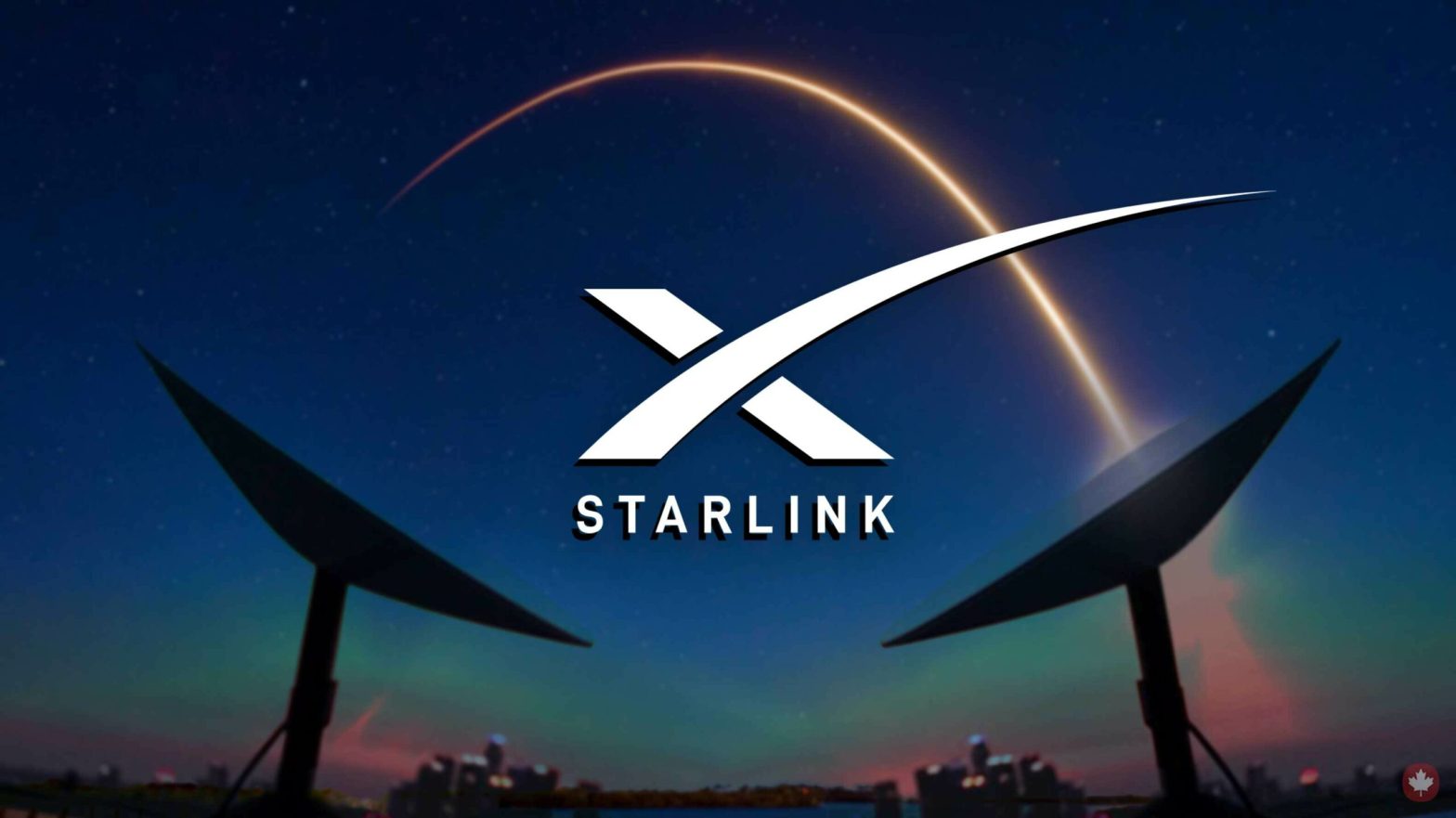Why businesses are exploring Starlink in Nigeria
In an era where seamless connectivity underpins supply‑chains, logistics, import/export activity, and FMCG operations across Africa, the search for reliable internet access is intensifying. One option catching attention is Starlink in Nigeria. In this article we’ll look at what Starlink offers, the key opportunities and hurdles for Nigerian business users, and how Wigmore Trading helps companies evaluate and implement satellite‑based connectivity solutions.
What is Starlink and its relevance for Nigeria
Starlink is the satellite‑internet service operated by SpaceX, providing broadband via a constellation of low‑earth‑orbit satellites. In Nigeria the service has been listed as available, with home/roam/business plans showing local pricing (around ₦57,000/month for residential service). For businesses in import/export, wholesale distribution, FMCG, and logistics—particularly operating in remote or underserved locations—Starlink presents a potentially compelling connectivity alternative where fibre or terrestrial networks are weak or intermittent.
Key benefits of adopting Starlink in Nigeria
1. Wide‑area and remote connectivity
Many manufacturing sites, warehousing facilities, or logistics hubs in Nigeria operate in areas with patchy broadband. Starlink’s satellite system can reach zones where terrestrial infrastructure is poor. This means improved access for remote branching, monitoring of warehouses, satellite offices, or mobile assets such as logistics fleets.
2. Low latency and reliable speeds
Compared to traditional satellite services, Starlink’s low‑earth orbit architecture offers improved latency, making real‑time communications, cloud‑based services, video calls, and remote monitoring more viable. This enhances responsiveness in supply‑chain operations.
3. Business continuity advantage
For supply‑chain and distribution operations, disruptions in connectivity can mean downtime, missed orders, or delayed shipments. Having an alternative or backup via satellite helps mitigate risk.
4. Scalability and mobility
The service has residential, roaming, and business‑grade plans. If your business model spans regional operations or mobile/distributed assets, this flexibility may matter.
Considerations and challenges for Nigerian business users
While the benefits are real, the adoption of Starlink in Nigeria is not without complexity. Here are key factors to assess—particularly relevant for companies in import/export, wholesale distribution, FMCG, and logistics:
Cost structure
The subscription cost is relatively high in Nigerian Naira terms (residential service ~₦57,000/month) for many businesses and uses. In addition, there are equipment costs and potential importation, logistics, installation, and running costs.
Regulatory and sign‑up constraints
New residential sign‑ups in Nigeria were reported as halted pending regulatory approval of price adjustments. Businesses must ensure compliance with local licensing, importation of equipment, customs duties, and telecom regulations.
Installation and environment
Starlink requires an unobstructed view of the sky and proper alignment of the dish. In many warehouse or logistics yard locations in Nigeria, physical constraints or shading from buildings may impact effective installation.
Suitability for business grade operations
While Starlink can offer strong performance, for mission‑critical operations (e.g., large FMCG distribution hubs, regional data centres) organisations must assess whether the service meets their uptime, service‑level, and redundancy requirements compared to terrestrial or fibre alternatives.
How Wigmore Trading supports businesses exploring Starlink connectivity
At Wigmore Trading, we understand the unique connectivity needs of companies engaged in import/export, wholesale, and logistics across Nigeria and the wider region. We can assist you by:
-
Conducting a needs analysis: We evaluate your current connectivity infrastructure and usage patterns to assess whether satellite‑based service like Starlink may add value.
-
Sourcing and procurement support: Through our network, we assist with sourcing Starlink kits or compatible satellite connectivity hardware, handling importation logistics, customs clearance, and delivery across Nigeria.
-
Installation planning & vendor coordination: We partner with local installation specialists to optimise site selection, manage mounting/grounding/roof works, and ensure compliance with regulations.
-
Connectivity backup and hybrid‑network strategy: We help integrate Starlink into a hybrid solution—terrestrial fibre/DSL + satellite backup—to enhance continuity for logistics, warehousing, or remote operations.
-
Ongoing management: We support contract review, renewal negotiations, hardware maintenance, and readiness for scaling if your business expands into neighbouring markets.
If you are operating logistics hubs, import/export operations from Nigerian ports, or distribution networks covering remote areas, Starlink presents a viable option—and Wigmore Trading can help you evaluate and implement it.
Final thoughts
For many businesses in Nigeria’s import/export, wholesale, and FMCG sectors, connectivity can be a hidden bottleneck. Exploring satellite‑internet options like Starlink is not about replacing all terrestrial infrastructure but about enhancing flexibility, resilience, and reach. With careful cost‑benefit analysis, regulatory diligence, and sound installation, it can bring real operational value. Leveraging Wigmore Trading’s sourcing, logistics, and connectivity expertise simplifies the journey.
Contact Wigmore Trading today to assess your connectivity needs and implement Starlink in Nigeria for uninterrupted business operations.








Comments are closed.